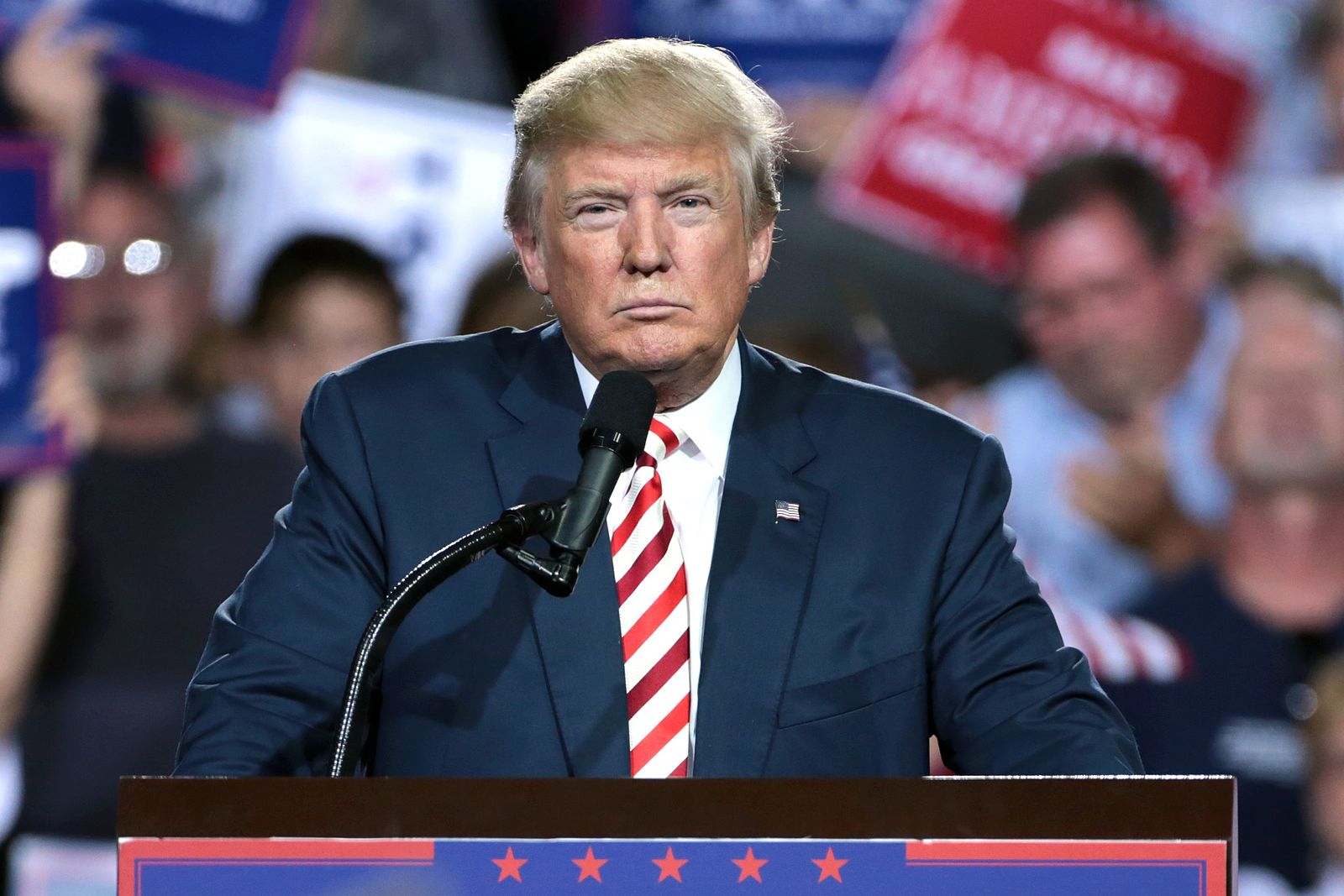With No Real Policy, Trump Asks Drugmakers to Lower U.S. Prices
By Margot Sanger-Katz and Rebecca Robbins,
The New York Times
| 05. 12. 2025
“Donald Trump speaking with supporters at a campaign rally at the Prescott Valley Event Center in Prescott Valley, Arizona” by Gage Skidmore licensed under CC by SA 2.0
President Trump on Monday signed an executive order asking drugmakers to voluntarily reduce the prices of key medicines in the United States.
But the order cites no obvious legal authority to mandate lower prices. The order said the administration would consider taking regulatory actions or importing drugs from other countries in the future if drugmakers do not comply.
It was something of a win for the pharmaceutical industry, which had been bracing for a policy that would be much more damaging to its interests.
Last week, Mr. Trump hyped a coming announcement that was “as big as it gets.” And on Sunday evening, he teed up the order in a Truth Social post, writing that he would link U.S. drug prices to those in peer countries under a “most favored nation” pricing model — a policy he attempted unsuccessfully in his first term for a small set of drugs in...
Related Articles
By Roni Caryn Rabin, The New York Times | 01.22.2026
The National Institutes of Health said on Thursday it is ending support for all research that makes use of human fetal tissue, eliminating funding for projects both within and outside of the agency.
A ban instituted in June 2019 by...
By Mike McIntire, The New York Times | 01.24.2026
Genetic researchers were seeking children for an ambitious, federally funded project to track brain development — a study that they told families could yield invaluable discoveries about DNA’s impact on behavior and disease.
They also promised that the children’s sensitive...
By Phil Galewitz, NPR | 01.20.2026
Serenity Cole enjoyed Christmas last month relaxing with her family near her St. Louis home, making crafts and visiting friends.
It was a contrast to how Cole, 18, spent part of the 2024 holiday season. She was in the hospital...
Group of Tuskegee Experiment test subjects
Public Domain via Wikimedia Commons
Every generation needs to learn about what is commonly known as the Tuskegee syphilis study, which ran from 1932 to 1972. (Officially, it was the U.S. Public Health Service Syphilis Study at Tuskegee, Alabama, which gets the emphasis right.) For many people, the history is hard to believe, though it is hardly unique. Of the 600 subjects, all Black men, 399 had syphilis, for which...




